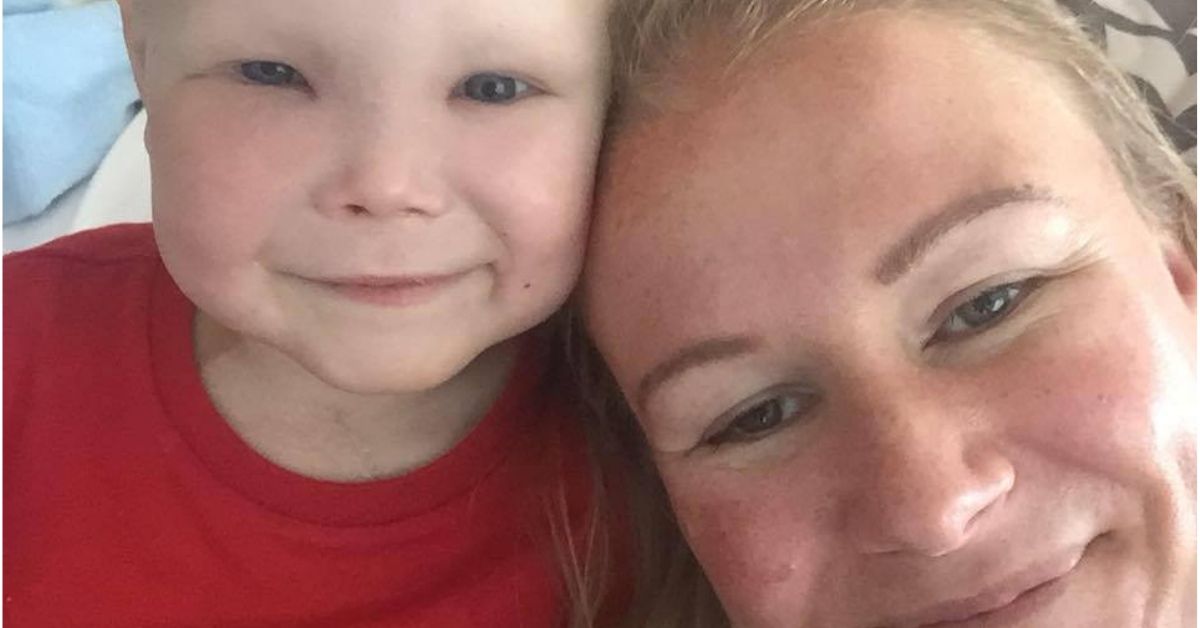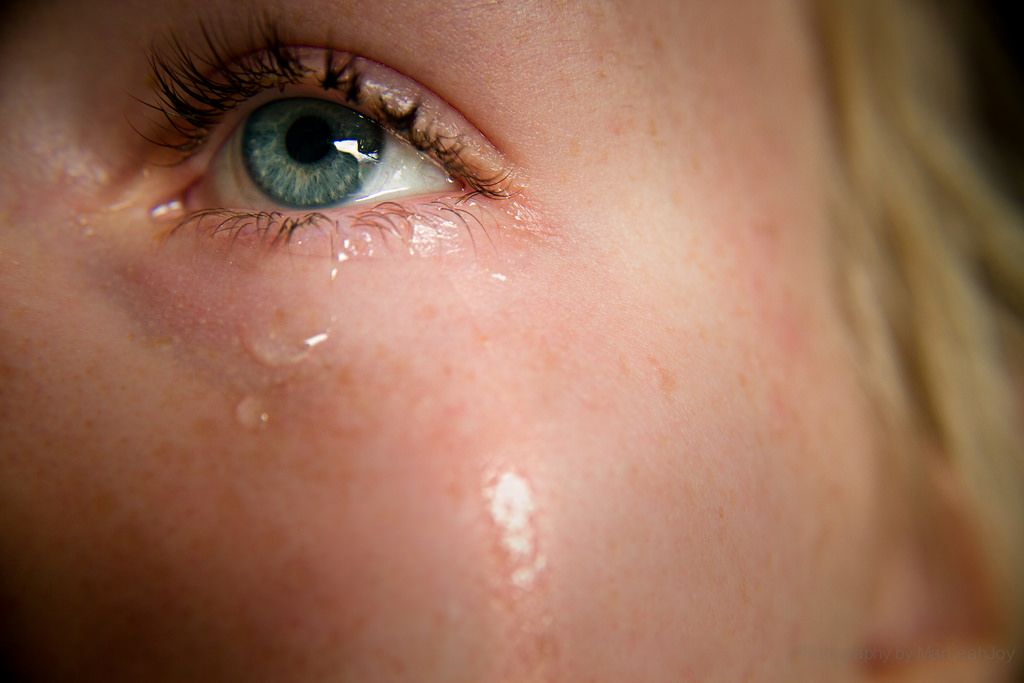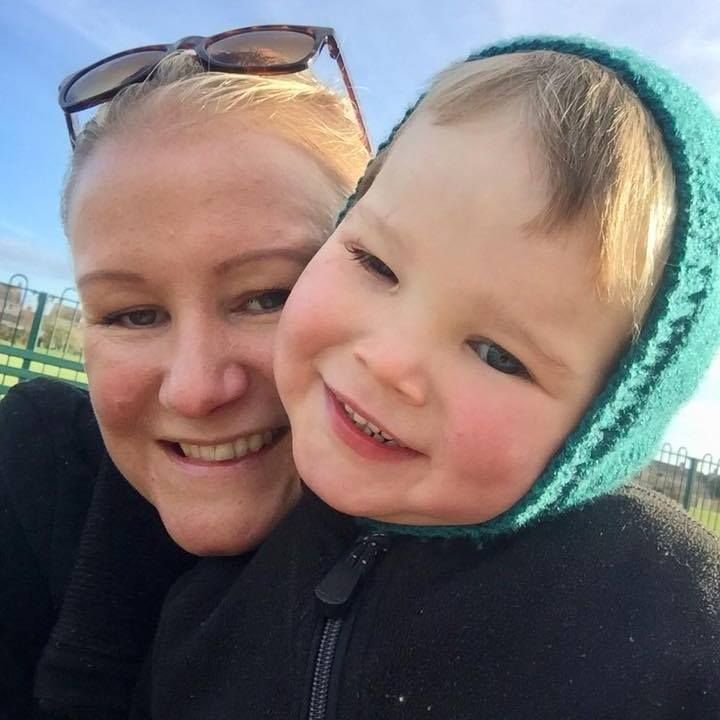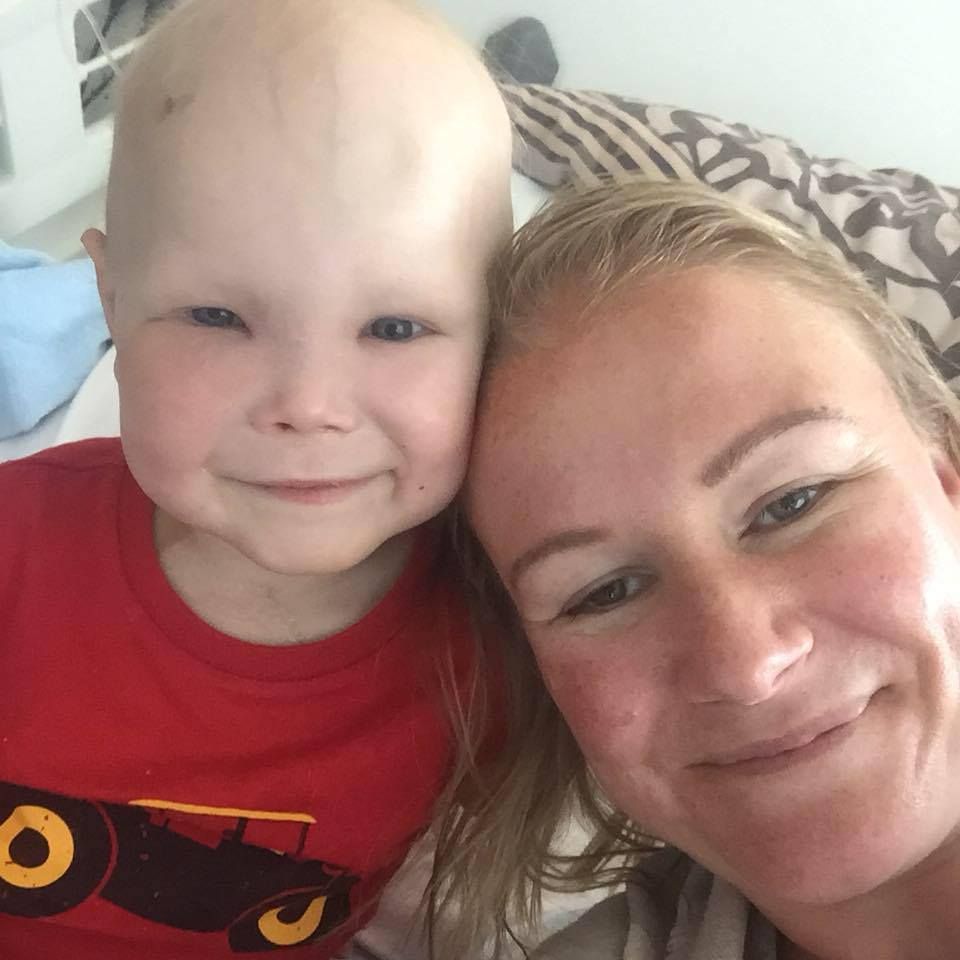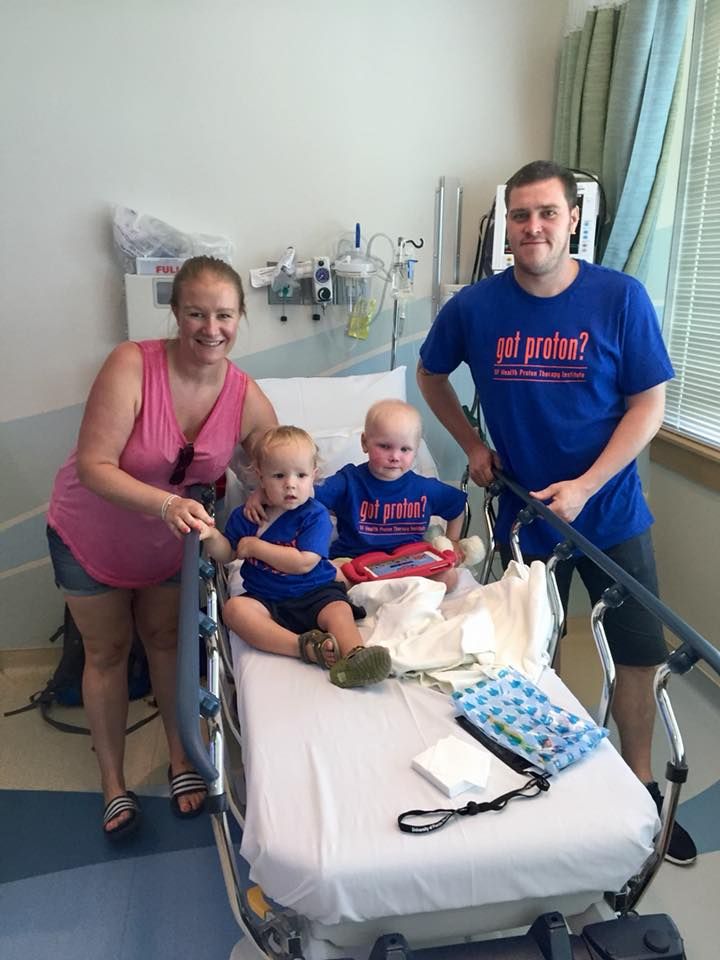We've all experienced watery eyes at one point, and although it is really annoying, it usually is an indication that something may be wrong.
Everyday health issues such as allergies, infections, inflammation, the common cold, and even dryness can cause the eyes to produce excess tears and make your eyes water.
But never in a million years did one mother think that her child's weeping eye would end up in a cancer diagnosis.
Carly and James Cooke's son, Harri, was diagnosed with Ewing's sarcoma, a rare type of soft tissue cancer that affects the bones, in January. One of the consistent symptoms he exhibited before the doctors found out what was wrong with him was a watery eye.
It was initially believed that the four-year-old had a cold and conjunctivitis, so it wasn't until last September when Carly noticed that his son's face was starting to swell up that they took him to a specialist so more testing could be done.
"The doctors agreed that it was likely to be a cold but as the weeks passed, they thought he had a blocked tear duct," the 33-year-old mom told Caters News.
She continued, "It didn't seem to bother him, he was so happy all of the time. But when his face began to swell we were referred from our GP (general practitioner) to an eye specialist. Once we arrived, six doctors turned up, and they all seemed really worried."
Turns out, the cancer was causing the structure of the bones around Harri's eye to change. The Gloucestershire family had to relocate to the United States, where Harri was able to undergo 14 rounds of chemotherapy, receive blood transfusion, and a proton beam treatment, a form of radiotherapy that uses protons instead of X-Rays.
"His type was so rare, we were in complete shock," Carly recalled. "You never think it's going to be your child."
Luckily, the treatment plan worked in the boy's favor and his cancer is now in remission. While they are thankful that their son is alive, Carly and James are worried about the long-term effects the harsh medications and radiotherapy will have on Harri.
"The medication is so much harsher to children," she explained. "Harri's treatment means that he could have growth issues, teeth problems and is more likely to have cancer later in life."
The parents are now sharing their son's story to raise awareness for the rare cancer and to bring attention to its sneaky symptoms.
